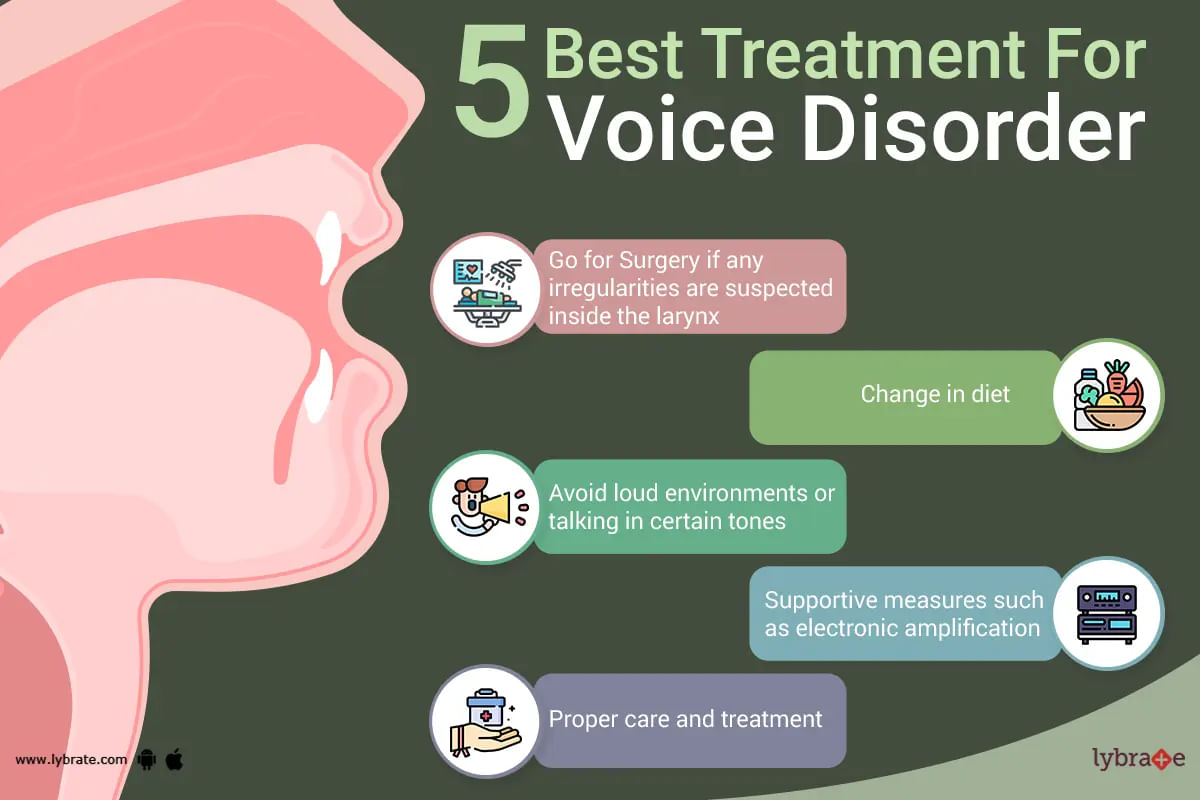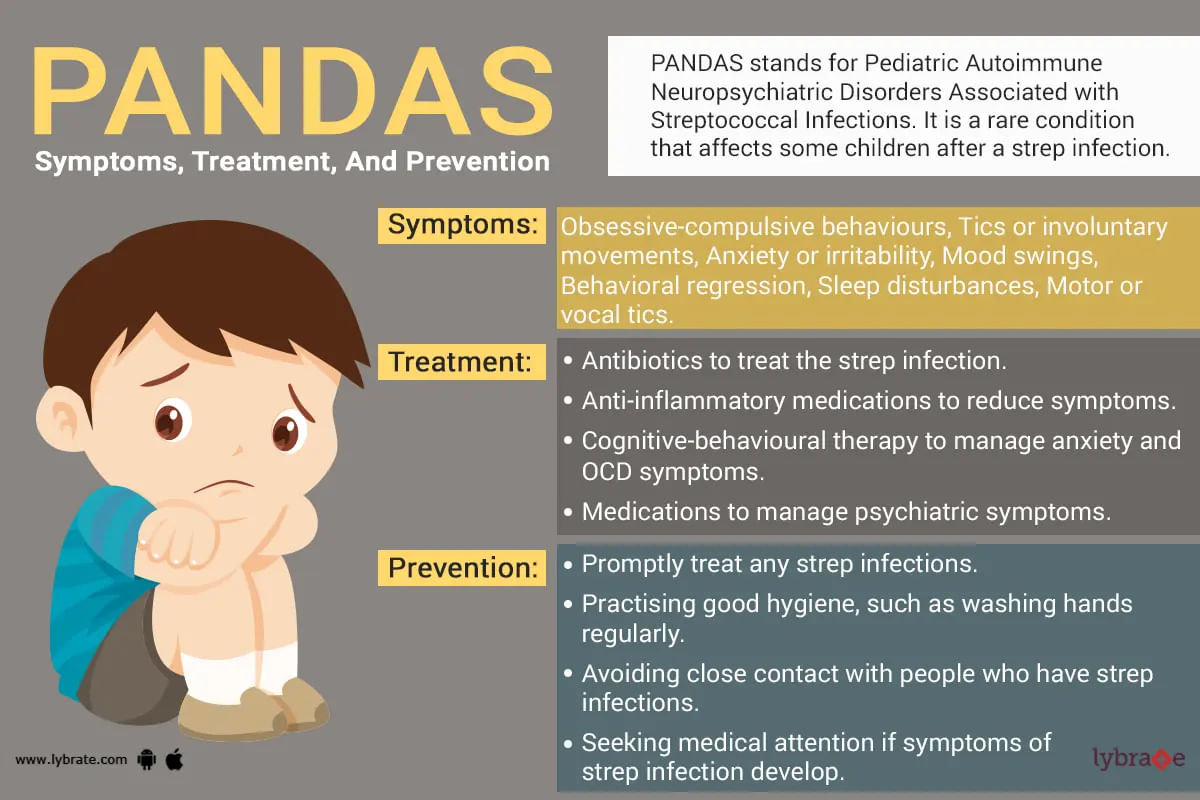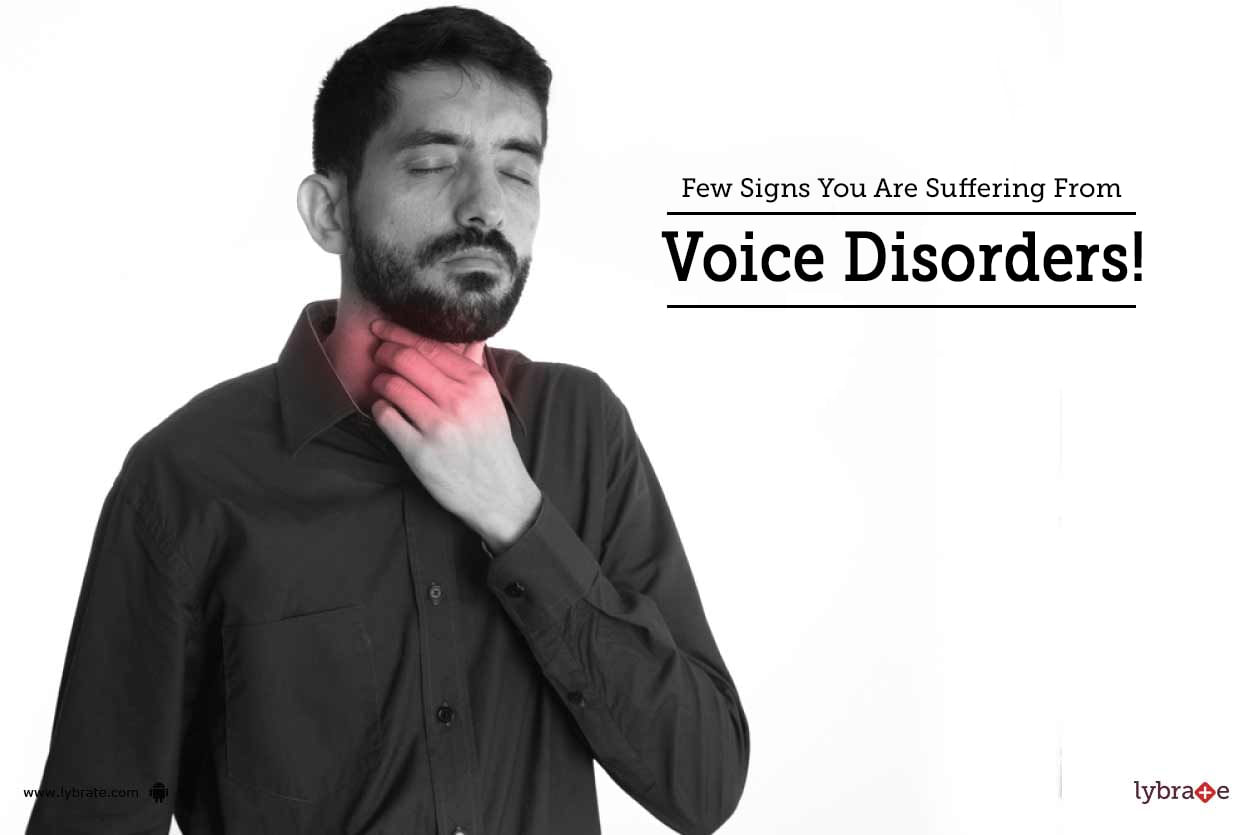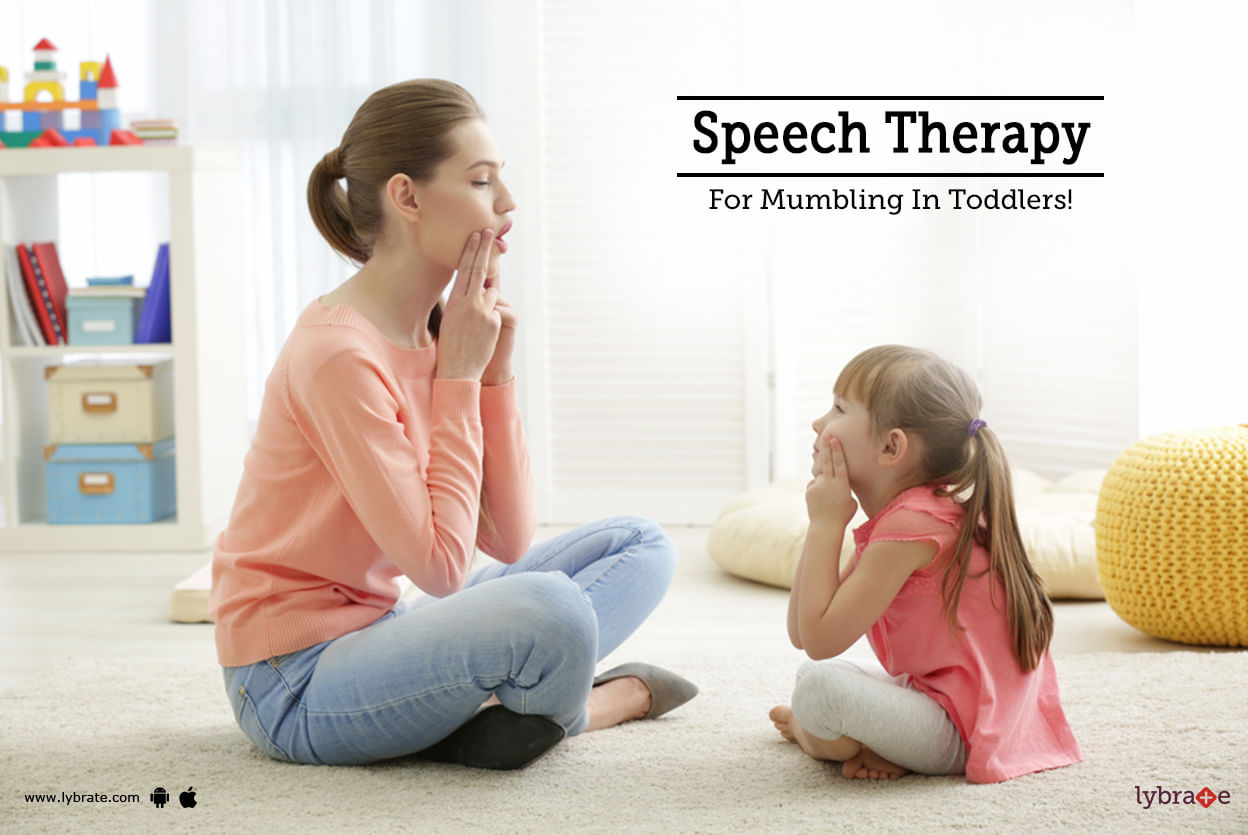Get the App
For Doctors
Login/Sign-up
Health Feed
Find Doctors
Health Packages
AllQ&AsTipsQuizzes
Speech-Language Pathology Tips
Last Updated: 3 years ago• Featured Tip
Share
Bookmark
Report
What are voice disorders?
Voice disorders are medical conditions affecting the sound of a person's voice. These can include factors such as hoarseness, loss of voice, vocal fatigue, abnormal pitch or loudness, breathiness, roughness, strained or strangled vocal quality, tremor and thickening of the vocal folds.
Voice disorders can be caused by medical conditions such as parkinson s disease or stroke; diseases of the larynx; allergies; trauma to the throat or neck area...more
Last Updated: 3 years ago• Featured Tip
Share
Bookmark
Report
When there is pediatric streptococcal infection to children or adults, there is onset or aid in a neuropsychiatric disorder or condition called pandas (autoimmune neuropsychiatric disorders associated with streptococcus infections). Pans (pediatric acute-onset neuropsychiatric syndrome) is an umbrella under which pandas come as a subtype. Pans have many triggers and associated causes due to which different problems occur in the body. In pandas main symptoms are: ocd (obsessiv...more
673 people found this helpful
Last Updated: 3 years ago• Featured Tip
Share
Bookmark
Report
Pulmonologist•Hyderabad
Dr. K. K. Reddy
Https://www. Lybrate. Com/hyderabad/doctor/dr-k-k-reddy-pulmonologist
Mbbs diploma in tuberculosis and chest diseases dtcd
27 years experience - 350 at clinic
He has significant medical knowledge in pulmonology and is well recognised as a leading medical expert. A name like his would be hard to forget. Professionalism was refined during his 1995 graduation from the mbbs at osmania medical college in hyderabad, from which he received high honours.
A la...more
Https://www. Lybrate. Com/hyderabad/doctor/dr-k-k-reddy-pulmonologist
Mbbs diploma in tuberculosis and chest diseases dtcd
27 years experience - 350 at clinic
He has significant medical knowledge in pulmonology and is well recognised as a leading medical expert. A name like his would be hard to forget. Professionalism was refined during his 1995 graduation from the mbbs at osmania medical college in hyderabad, from which he received high honours.
A la...more
10 people found this helpful
Last Updated: 3 years ago• Featured Tip
Share
Bookmark
Report
1. Dr. M Sri Vidhya Venkatesan
Master of Arts in Clinical Psychology, Bachman Institute for Psychotherapy,
22 Years Experience 300 - 500 at clinic 300 online
A psychologist with experience working in clinical psychology. In addition, working as a psychotherapist and treating patients with mental illnesses. In addition to that, she is an accredited relationship counselor. The treatment of mental diseases such as stress, anxiety, and other trauma-related issues done as a Psyc...more
Master of Arts in Clinical Psychology, Bachman Institute for Psychotherapy,
22 Years Experience 300 - 500 at clinic 300 online
A psychologist with experience working in clinical psychology. In addition, working as a psychotherapist and treating patients with mental illnesses. In addition to that, she is an accredited relationship counselor. The treatment of mental diseases such as stress, anxiety, and other trauma-related issues done as a Psyc...more
Last Updated: 3 years ago• Featured Tip
Share
Bookmark
Report
Psychiatrist•Chennai
Depression is a very common mental disorder that mainly affects the way of thinking, feeling, and emotions of an individual. A depressed person feels empty and unhappy even without any reason and loses interest in all the fun activities such as sports, friends gathering, and sex.
;
Although it may occur only once in a lifetime, still some people face several episodes that may lead to suicidal thinking.
;
A depressed person requires long-term treatment with...more
;
Although it may occur only once in a lifetime, still some people face several episodes that may lead to suicidal thinking.
;
A depressed person requires long-term treatment with...more
599 people found this helpful
Last Updated: 5 years ago• Featured Tip
Share
Bookmark
Report
Speech Therapist•Gurgaon
Voice results from the air that comes out of the lungs and passes through the vocal cords. The latter is also known as the voice box. Speech results from the vibration of the chords. Voice disorder might occur for various reasons such as tone, pitch, and volume of the if the voice. The roots of all problems boil down to the malfunctioning of the cords.
Voice disorder examples:
Laryngitis: Laryngitis results from the swelling of the vocal cords. It can lead to a temporary halt o...more
Voice disorder examples:
Laryngitis: Laryngitis results from the swelling of the vocal cords. It can lead to a temporary halt o...more
Last Updated: 5 years ago• Featured Tip
Share
Bookmark
Report
Speech Therapist•Gurgaon
Speech therapy helps in improving the speech, understanding the language skills, and also help in communicating in non-verbal ways such as listening and taking turns. Speech therapy treats various kinds of communication and swallowing problems.
Children with Cleft Palate are diagnosed with an opening in the upper tissue palate in the mouth. This condition causes Velopharyngeal dysfunction (VPD) which results in excessive airflow from the nose while speaking. Although it can be corrected...more
Children with Cleft Palate are diagnosed with an opening in the upper tissue palate in the mouth. This condition causes Velopharyngeal dysfunction (VPD) which results in excessive airflow from the nose while speaking. Although it can be corrected...more
Last Updated: 5 years ago• Featured Tip
Share
Bookmark
Report
Speech Therapist•Gurgaon
Mumbling is one of the most common problems in toddlers. Most parents are attentive towards their children's communication skills. If the children start mumbling in more extended conversation and do not articulate well, such cases are of concern for the parents, as the child suffers from speech disability. He/she cannot perform well in school and various areas of social interaction. Many children are good in verbal competitions and studies but may lag behind because of mumbling.
What is...more
What is...more
Last Updated: 5 years ago• Featured Tip
Share
Bookmark
Report
Communication disorders refer to a variety of disorders that may affect a person s ability to detect, comprehend, or apply speech and language to effectively engage in discourse with others. Over 10% of children suffer from communication disorders. A problem in a particular area of communication can affect other areas. For example hearing impairment in a child can disrupt his/her ability to adjust the tone or pitch of voice, leading to voice disorders.
Types of Communication Disorder...more
Types of Communication Disorder...more
Last Updated: 6 years ago• Featured Tip
Share
Bookmark
Report
Everyone desires to have a partner who can be their strength, a person who can help them sail through when the going gets tough. A perfect, love filled, hassle free relationship tops the priority list of most people. Of late, the ideal "made for each other" couples have become a thing of the past. Stress, work pressure, the mad rush to be at the pinnacle is taking a serious toll on a person's physical and mental health.
Many relationships have gone kaput due to irreconcilable differen...more
Many relationships have gone kaput due to irreconcilable differen...more
Book appointment with top doctors for Speech-Language Pathology treatment
View fees, clinic timings and reviews
Ask a free question
Get FREE multiple opinions from Doctors
posted anonymously















